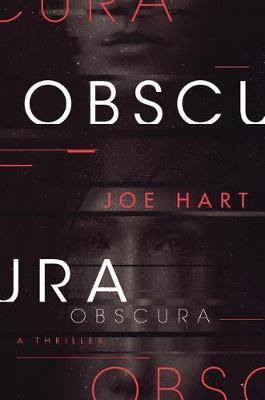Reviewed by Amber (The Literary Phoenix) on
When I started reading Obscura, I had mixed feelings about the book. For starters, I wasn't crazy about all the time-jumping. I don't mind past and present... one or two aren't bad... but suddenly we're in different years back and forth, and there's a couple chapters in different perspectives. In a thriller, we've got enough to handle with just one or two ways of delivering information.
At it's core, though, Obscura is a pretty good book. It has a sort of Michael Crichton sequel flare with elements of the science discussed in The Andromeda Strain and Timeline, but the characters have better depth than some of Crichton's books. For me, the difference was in the believability. When dealing with a murderer and discussing complex scientific subjects, it's usually best to focus one thing and put everything into it. Hart balances between talking about an Alzheimer's-esque disease and teleportation. On their own, they're both interesting and workable in a novel like this. However, when you put them together and add murder, there isn't enough content on any one thing. I would have liked to see a bit more information, research, and experimentation on either of the scientific topics.
I ended up enjoying Obscura more than I thought I would. It reminded me of Michael Crichton, and it also reminded me of Dan Brown. I don't read many thrillers, but this one is definitely worth picking up if you stumble across it. It's interesting and gripping.
Reading updates
- Started reading
- 24 February, 2018: Finished reading
- 24 February, 2018: Reviewed
